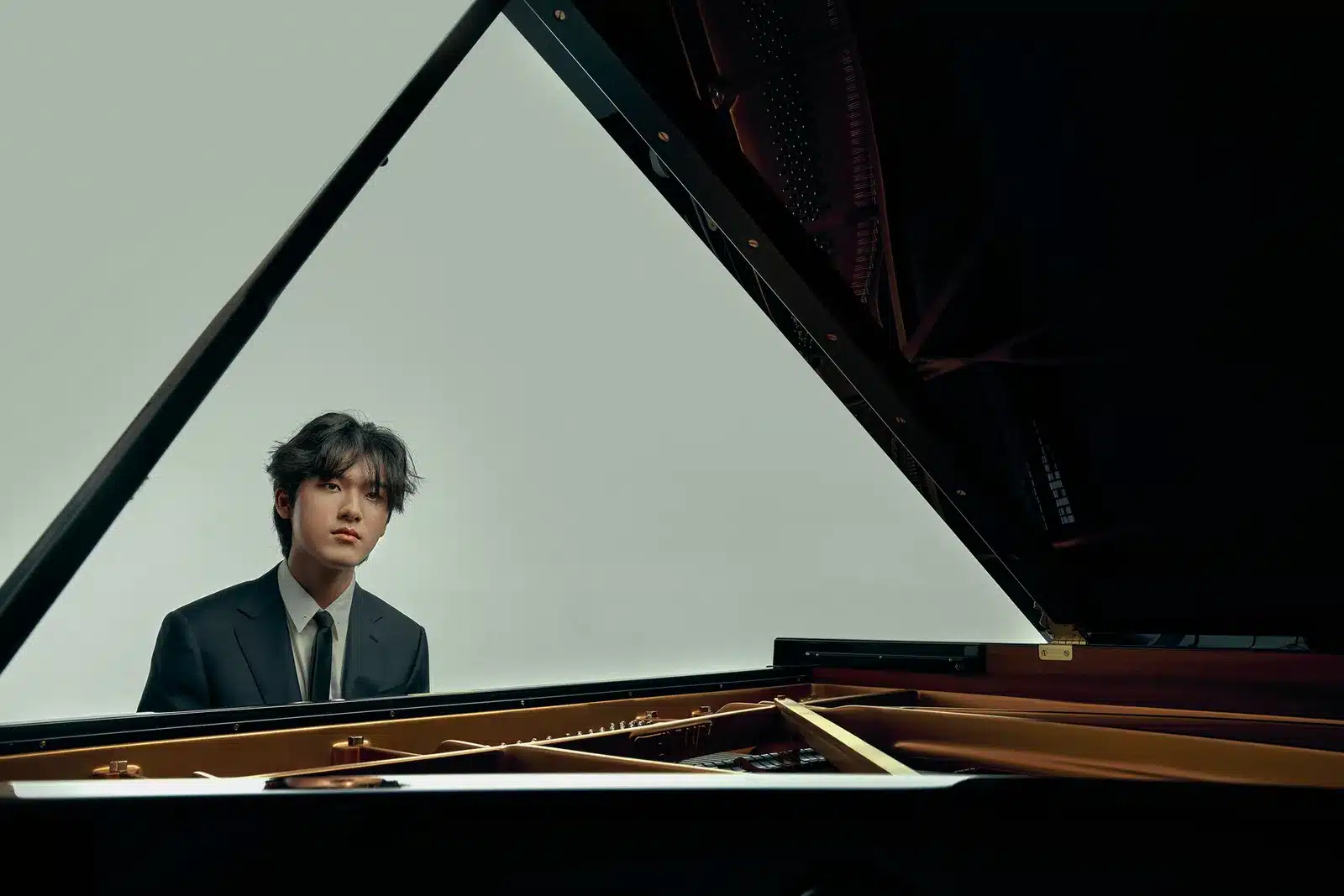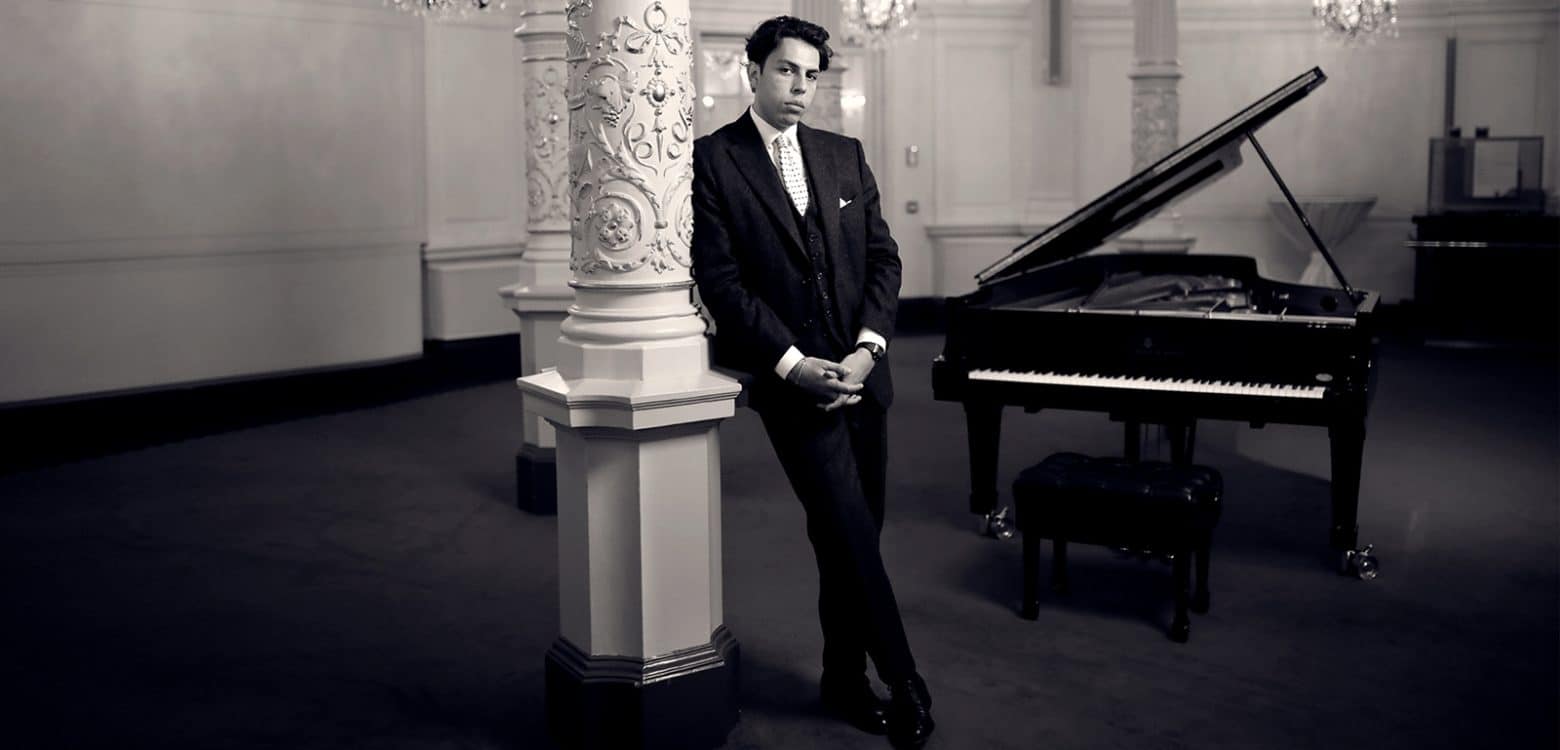Slipped Disc editorial: To speak ill of the dead?
mainThe Economist, a sober-sided weekly newspaper, writes the following in its obituary of Jeremy Thorpe, a fallen Liberal Party leader:
What could not be mentioned was his vigorous homosexual life: picking up rent boys in Piccadilly and the King’s Road, or using the established, clandestine, gay network at the National Liberal Club. Ever the exhibitionist and risk-taker, confident of social success even as a child, he did not much care to conceal what he was doing. In Devon he and Henry Upton, the blond and sporty heir to Viscount Templeton, would race about the lanes together in Upton’s Aston Martin. One-night lovers were told he was an MP, and some were sent letters on House of Commons stationery.
Thorpe’s gay life was well-known in political circles. It ‘could not be mentioned’ while he was alive because of Britain’s stringent libel laws, but now that Thorpe is dead there is no harm – there may even be a public duty – to describe the man as he really was. Thorpe, for a brief moment in 1974, held the balance of power in Parliament. He got there by being a bully and a cheat, living a double life, bludgeoning his lovers into silence.
Friends of Thorpe – who was often seen at classical events with his pianist wife, Marion – will probably take offence at these revelations. Those who care for probity and transparency in public life will applaud them.
What does this have to do with the lives of musicians?

Twice in the past week we have been criticised for noting, on the death of a once-celebrated artist, the decline of their careers and the reasons for it. Should we have suppressed or gilded that sad reality?
Art is nothing if it is not about truth. Performers are men and women who put themselves on the public stage. Their careers are, by their own choice, a matter of public interest. While we do not believe it is appropriate to breach an artist’s privacy or the conventions of common decency, neither is it right to distort the facts of artists’ lives or the manner of their deaths. To do so would subvert the art they served.





Comments